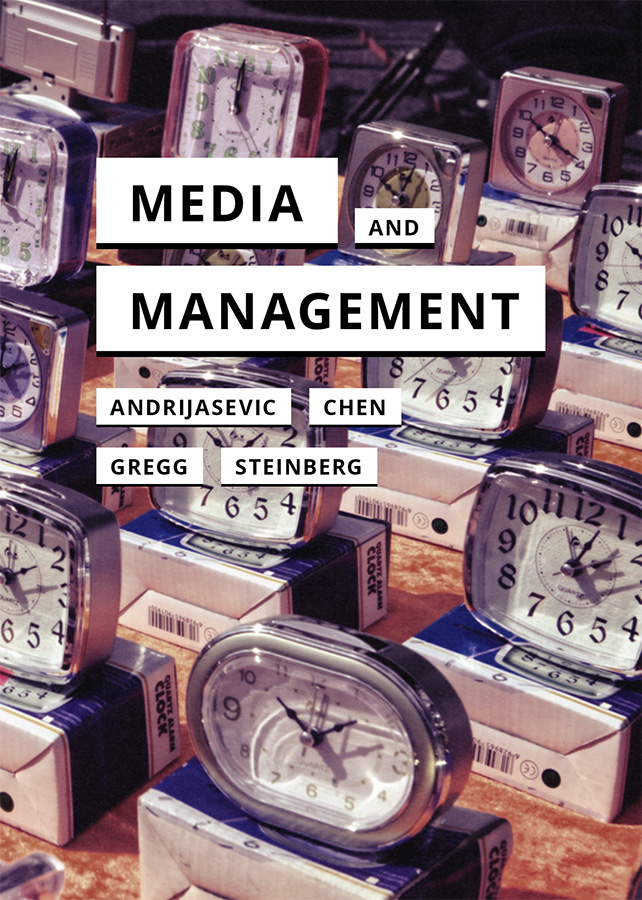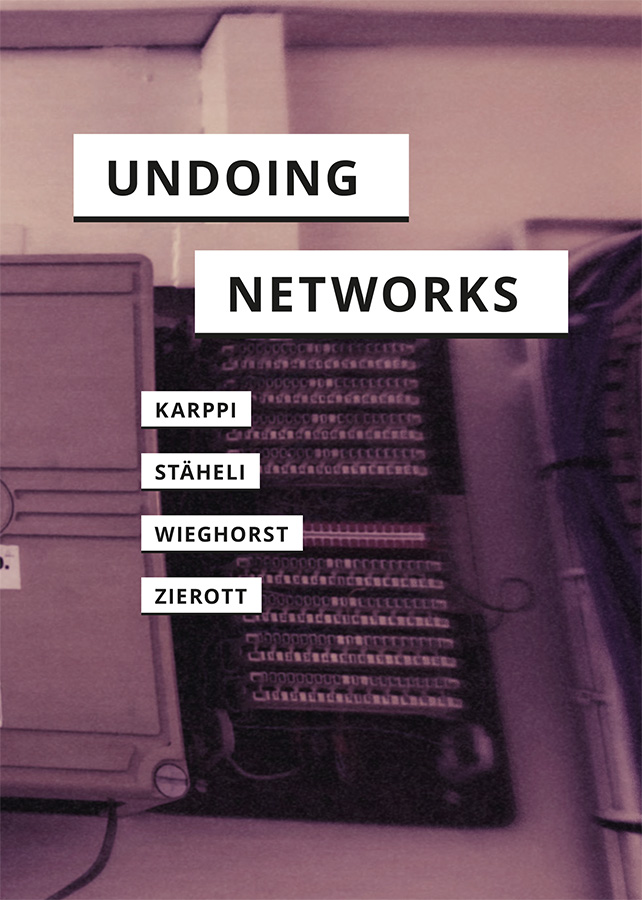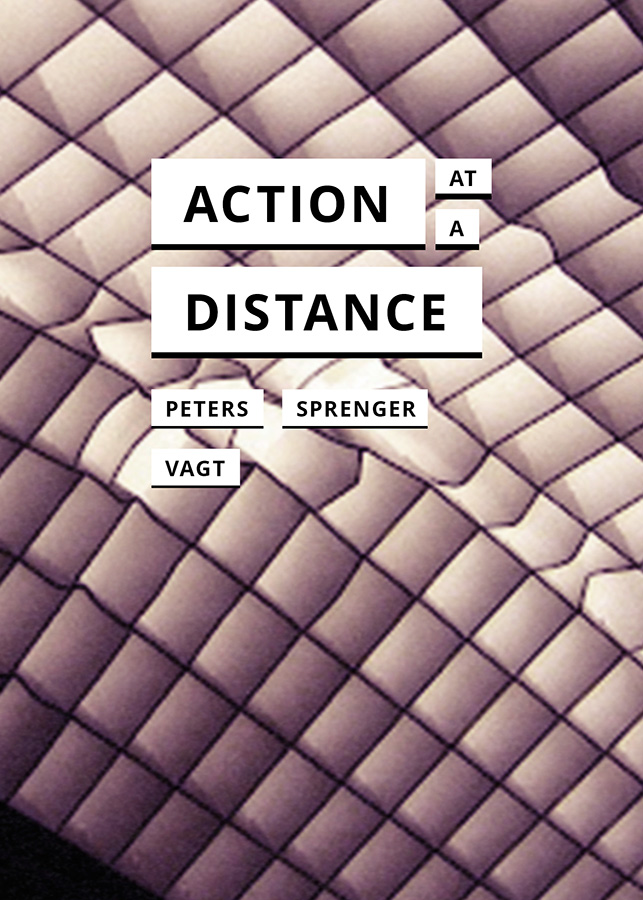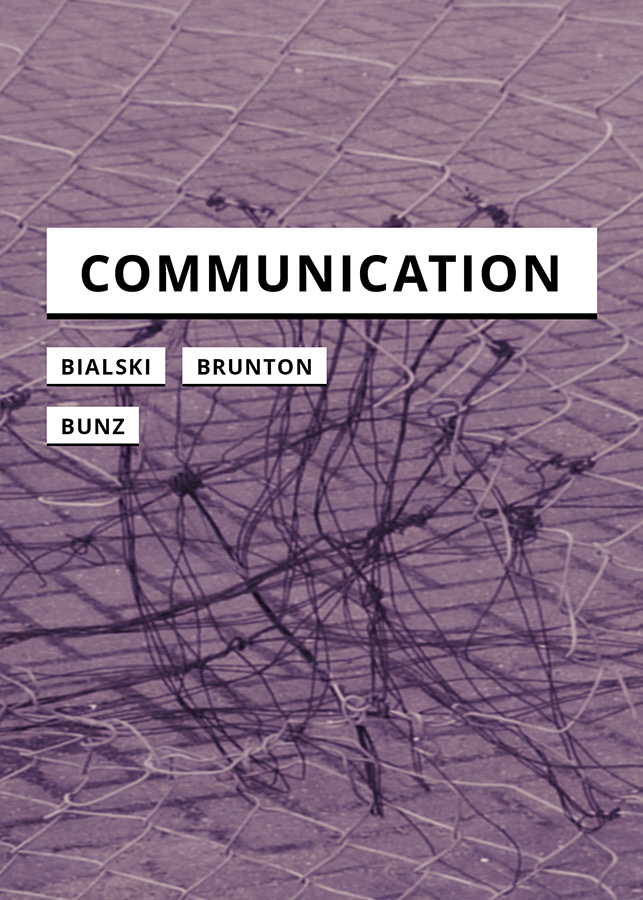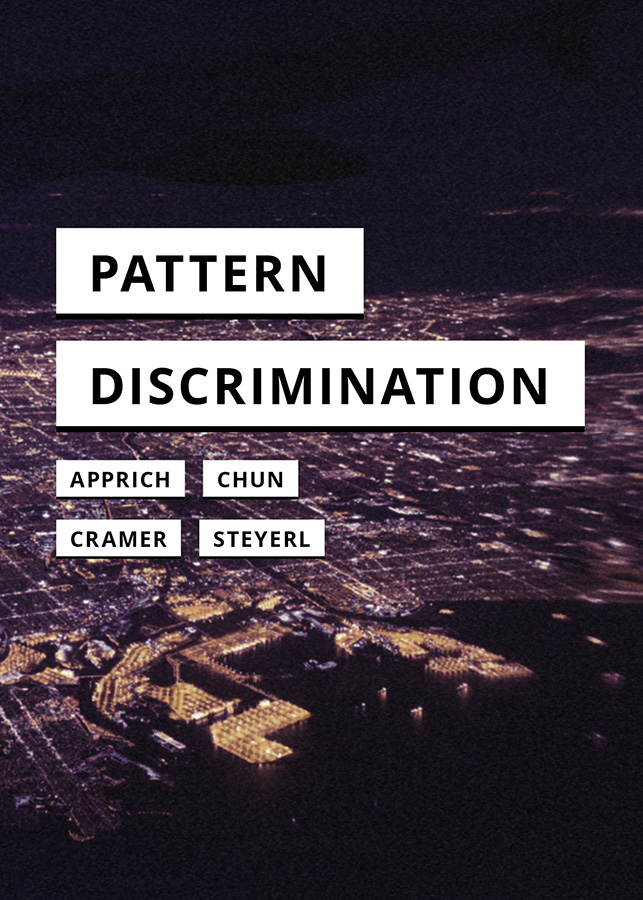Communication
Machine communication—to interact not just via but also with machines—has transformed contemporary communication. It puts us not just in conversation with one another but also with our current machinery. By analyzing the alienness of this computational communication, through a close reading of interfaces and a field study of software development, this volume uncovers what it means to “communicate” today.
“How are humans shaped by machine communication? Anyone wanting to think through this complex and crucial question
needs to read this book, which offers a strikingly innovative, multifaceted, and concentrated analysis of the problem of communication in our present moment.”
— Rita Raley, University of California, Santa Barbara
“Using diverse methodological approaches and points of interest, this book invites us to rethink what, if anything, the concept of communication can mean in a moment when neither embodied minds nor clearly demarcated individuals are the subjects of the drama.”
— John Durham Peters, Yale University









